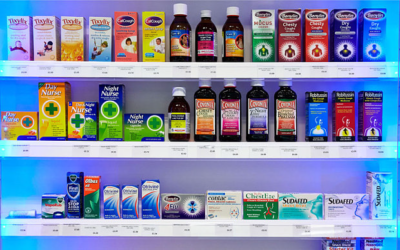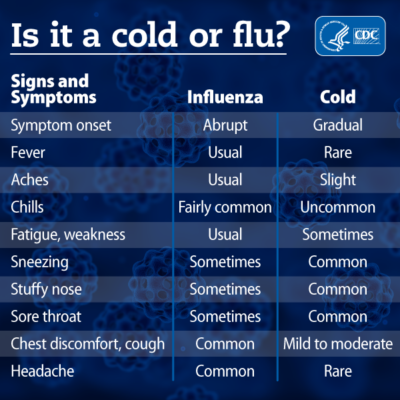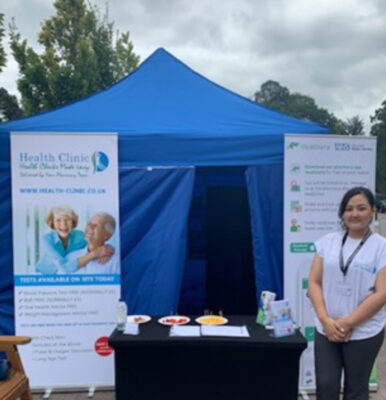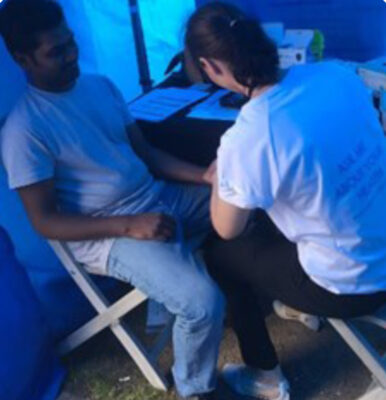People who should have a flu vaccine
The injected flu vaccine is offered free of charge on the NHS to people who are at risk.
This is to help protect them against catching flu and developing serious complications.
You should have the flu vaccine if you:
- are 65 years old or over
- are pregnant
- have certain medical conditions
- are living in a long-stay residential care home or another long-stay care facility
- receive a carer’s allowance, or you’re the main carer for an elderly or disabled person whose welfare may be at risk if you fall ill
If any patient does not fall under a free NHS flu jab, they should be offered our private vaccination at a small cost of £9.99!
When to get vaccinated: You can be vaccinated at any time during the flu season (September – March). The best time to get vaccinated is September – early November.
How it is given: The flu jab is given as an injection in the upper arm, and protects against the most common strains of the virus.
Side effects: The flu jab can cause side effects, such as mild flu symptoms, but it is an inactive vaccine so cannot cause flu itself. The injection can cause redness, pain, and swelling at the injection site.







